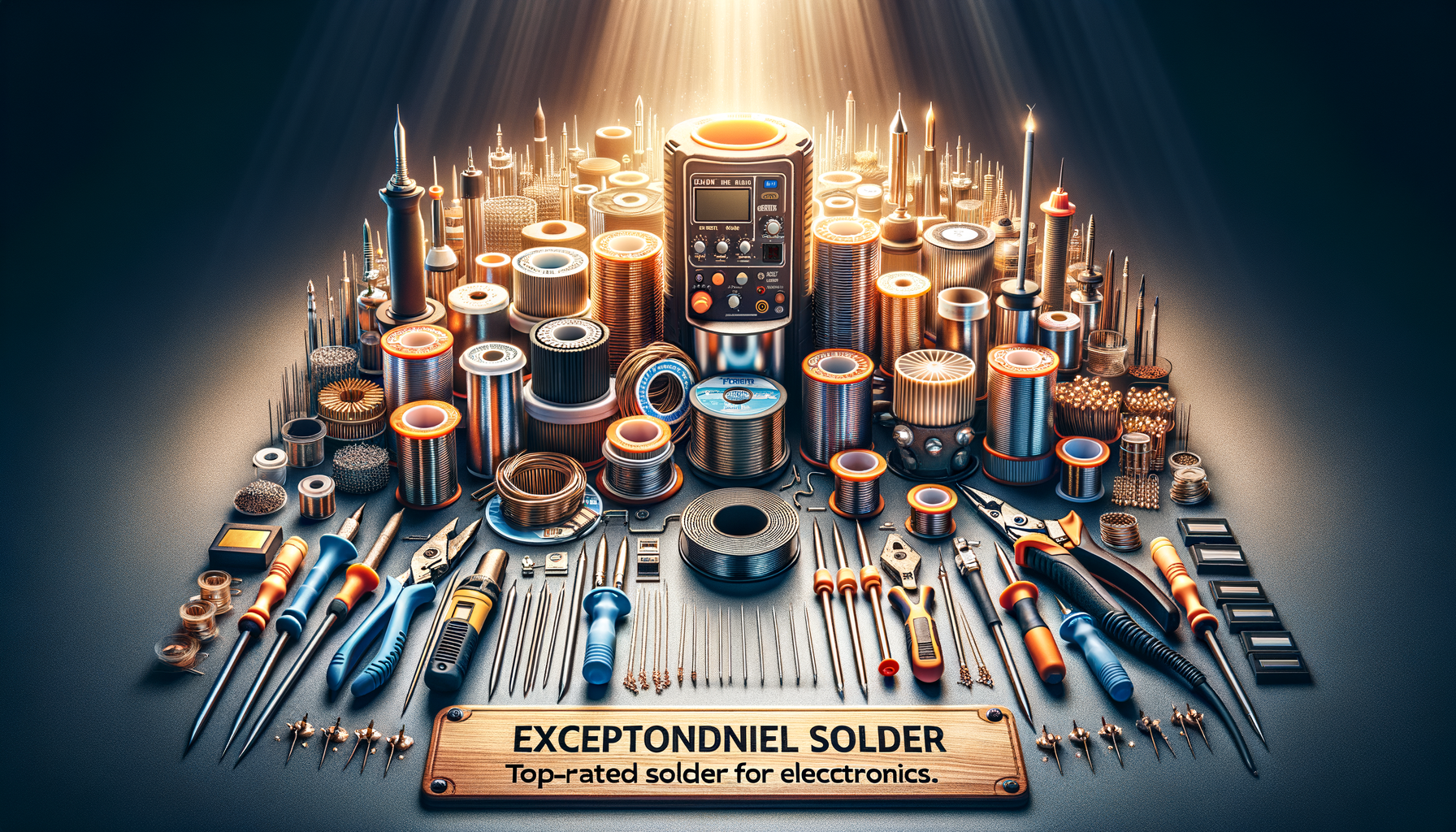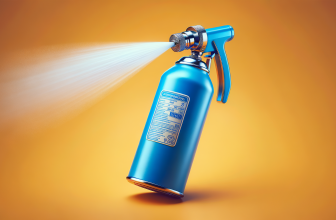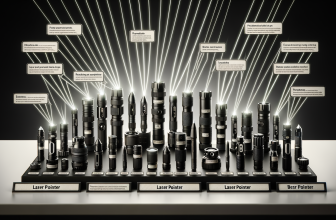
Have you ever wondered how a high-quality solder can affect the precision and durability of your electronic projects? Whether you’re a seasoned electronics enthusiast or just beginning your soldering journey, selecting the best solder for electronics is vital to ensuring strong, reliable connections between components.
Our Top Picks
Our #1 Top Pick: Kester 44 Rosin Core Solder
This industry-favorite solder from Kester is renowned for its high-performance and consistent results. Kester 44 is a rosin core solder, which means it has a flux core that aids the soldering process by removing oxides, thereby facilitating better solder wetting. Its 63/37 tin/lead ratio creates a nearly eutectic alloy, which means it has a lower melting point and a quick transition between liquid and solid states. This characteristic is particularly important as it reduces the likelihood of creating cold solder joints, which could lead to circuit failures. With its superior capillary action, the Kester 44 Rosin Core Solder flows smoothly and provides strong, reliable joints that are resistant to thermal and mechanical shocks.
Pick #2: MG Chemicals 63/37 Lead-Free Solder
For those looking for a lead-free alternative, this solder from MG Chemicals is an excellent choice. Its 63/37 tin-silver-copper composition adheres to RoHS (Restriction of Hazardous Substances) standards, making it an environmentally responsible option. The inclusion of silver allows for improved conductivity and a stronger bond. This solder also features a no-clean flux core, which minimizes post-soldering cleanup without compromising the solder’s performance. The MG Chemicals Lead-Free Solder boasts a low melting point, which is gentle on sensitive components, and its longevity ensures reliable, long-lasting connections in your electronics projects.
Pick #3: Alpha Metals AM31605 Cookson Elect Lead-Free Solder
Alpha Metals brings an innovative solution to lead-free soldering with their AM31605 Cookson Elect Solder. This alloy, comprising tin and copper, offers strong mechanical properties without incorporating lead into its formula. Its core flux is specifically designed to work with a wide variety of surfaces, including oxidized ones, to create excellent wetting and a dependable connection. Featuring a fairly low melting point, this solder is easier to work with than some other lead-free options and allows for quick and efficient soldering work. Its favorable flow characteristics make it suitable for both hobbyist and professional use.’
Pick #4: WYCTIN 60/40 Tin Lead Rosin Core Solder Wire
WYCTIN’s offering is a go-to choice for DIY enthusiasts and professionals alike who prefer working with traditional tin/lead solders. The 60/40 alloy ensures a melting point that strikes a good balance between workability and solid joint formation. Its rosin core flux helps in cleaning the metal surfaces during soldering, and its slightly thicker diameter makes it particularly handy for larger joints or for beginners who may need more material to work with initially. The WYCTIN solder provides good flow behavior and is known for producing shiny, reliable solder points required for electronics work.
Pick #5: Harris Stay-Brite Silver Bearing Solder
Harris Stay-Brite Silver Bearing Solder is a premium option for those demanding the highest conductivity and strength in their solder joints. This solder contains a small percentage of silver, which increases the overall joint strength and electrical conductivity, making it an excellent choice for audio equipment or other sensitive electronic connections. The Stay-Brite solder allows for a lower-temperature soldering process compared to traditional lead-free solders, reducing the risk of heat damage to components. It is also versatile and can be used with virtually all conventional fluxes.
What to Know Before You Buy
- Solder Composition: Solder comes in various compositions, including leaded (e.g., 60/40 tin/lead) and lead-free varieties. Leaded solders generally have a lower melting point, which can be easier to work with, whereas lead-free solders are better for the environment and meet modern safety standards.
- Flux Core: The flux is used within solder to clean metal surfaces and improve adhesion. Rosin-core flux is common and suitable for electronics due to its non-conductive and non-corrosive properties after cooling.
- Diameter: The thickness of solder wire can impact its ease of use. Thicker solder may be easier for novices to handle but can lead to excessive application. Thinner solder allows for more precision but may require more skill to manipulate.
- Reel Size: Consider how much solder you will need for your project. Solder wires are typically sold in different reel sizes, so choose accordingly to avoid running short or overspending on surplus.
- Compatibility: Ensure that the solder you choose is compatible with the metals you’ll be working with and the equipment you’ll use, such as your soldering iron’s temperature range.
Factors to Consider Before Buying
- Melting Point: Lower melting point solders are generally easier to use and reduce the risk of overheating components. However, they might not be suitable for all environments, especially those that experience high temperatures.
- Joint Requirements: Different solders offer different strengths and conductivities. Assess the mechanical and electrical demands of your project to choose the appropriate solder accordingly.
- Environmental Impact: Leaded solders are toxic and not environmentally friendly. If compliance with environmental standards or personal safety is a priority, opt for a lead-free solder.
- Flux Activity: The activity level of the flux can affect the soldering process and the need for post-soldering cleaning. No-clean fluxes reduce cleaning needs but may not be as active as rosin or water-soluble fluxes.
- Work Area: Good ventilation is important, especially when using solders with fluxes that produce fumes. Consider your work environment’s safety when selecting a solder.
Why Trust ChooseRight?
At ChooseRight, we take the review process seriously. Our recommendations for the best solder for electronics are based on extensive research that includes reading thousands of reviews, analyzing expert opinions, and gathering feedback from experienced professionals in the field. Our aim is to provide you with unbiased information and a curated list of the top products that have been vetted for quality, performance, and reliability. We understand the importance of trust, especially when it comes to the tools that determine the success of your electronic projects. Therefore, we strive to ensure that our picks are the best on the market, to help you make an informed decision with confidence.
Finishing Thoughts
Finding the best solder for your electronic projects is crucial for achieving strong, long-lasting connections. Whether you prioritize ease of use, environmental responsibility, or joint strength and conductivity, there is an option available to meet your needs. Our top picks cover a range of preferences, from the industry-standard Kester 44 Rosin Core Solder to the environmentally friendly MG Chemicals 63/37 Lead-Free Solder. By considering the factors outlined above, such as solder composition, melting point, and flux activity, you’ll be well-equipped to choose the right solder for your specific applications. Trust that the products we’ve reviewed at ChooseRight are meticulously scrutinized to ensure they stand up to the high standards demanded by both hobbyists and professionals in electronics.
Frequently Asked Questions
What is the best type of solder to use for electronics?
The best type of solder for electronics is typically a rosin-core solder with a composition of 60% tin and 40% lead (60/40), also known as Sn60Pb40. For lead-free options, look for solder made with a composition of tin, silver, and copper (SnAgCu).
Is it better to use leaded or lead-free solder?
This depends on both your personal preference and the requirements of the project. Leaded solder is easier to work with due to its lower melting point, but it’s toxic and not environmentally friendly. In contrast, lead-free solder is safer and complies with RoHS regulations but has a higher melting point and can be more difficult to work with.
What is flux and why is it important for soldering electronics?
Flux is a chemical agent that cleans and prepares the metal surfaces to create a strong solder bond. It helps in preventing oxidation during soldering and ensures a better flow of solder on the surfaces being joined. Allowing to improve the quality and reliability of the electronic connections.
What should I look for in a good electronics solder?
When looking for a good electronics solder, consider the flux type (rosin is common for electronics), solder composition (for instance, 60/40 tin-lead or SnAgCu for lead-free), wire gauge depending on the application, and compliance with standards like RoHS if necessary.
Can I mix different solders while working on electronics?
Mixing different types of solder is generally not recommended because it can lead to unpredictable melting points, compromised joint integrity, and potential reliability issues. It’s best to stick to one type of solder for a given project.
Why should I avoid using acid-core solder on electronics?
Acid-core solder contains a highly corrosive flux that is intended for plumbing and other non-electronic applications. Using it on electronics can damage the delicate components and circuit boards due to the aggressive nature of the acid.
How do I choose the right solder diameter for my project?
The choice of solder diameter depends on the components and pads you will be soldering. Smaller gauge solder is generally better for fine, precision work, while a thicker gauge can be used for larger joins or for quickly applying solder in broader areas.
Do I need to clean the board after soldering, and what should I use?
Cleaning the board after soldering can prevent potential conductivity issues or corrosion over time. Isopropyl alcohol (IPA) or a specialized PCB cleaner can be used to wipe away flux residues post-soldering, though some fluxes are designed to be left on the board without cleaning.
What safety precautions should I take when soldering?
When soldering, work in a well-ventilated area or use a fume extractor to avoid inhaling fumes. Wear safety goggles to protect your eyes, and use gloves if necessary to protect against burns. Always be mindful of the hot iron and melted solder to avoid accidents.
Can solder go bad over time, and how can I tell?
Solder can degrade or oxidize over time, especially if it’s not stored properly. If your solder appears dull, discolored, or it’s not flowing well when melted, it might be time to replace it. Store your solder in a dry, cool place to help extend its shelf life.







